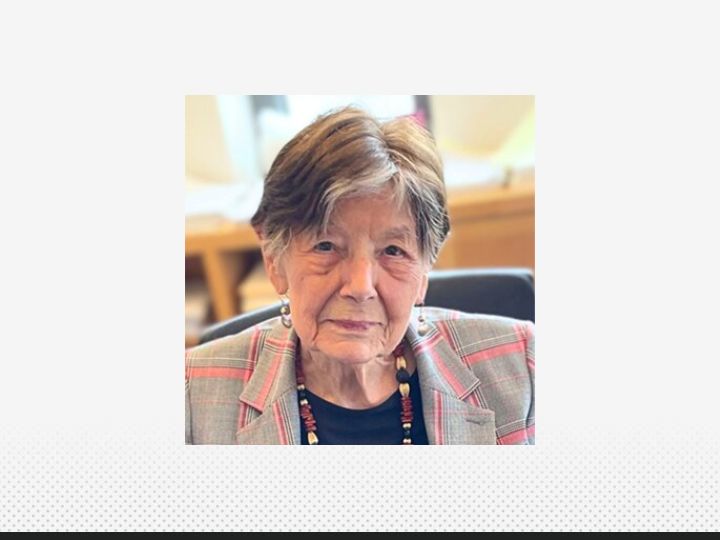The journey of life is often marked by a myriad of choices, shaping our character and guiding our interactions with others. For adherents of the Bahá’í Faith, the principles of integrity, honor, and the commitment to a life imbued with ethical significance hold profound importance. This guide seeks to illuminate how the Bahá’í teachings emphasize the concepts of being ‘Honored’ and ‘Honorable’—transformative ideals that promise a shift in perspective, enhancing not only individual lives but also the broader community.
1. Understanding Honor in the Context of Bahá’í Teachings
To contemplate the essence of honor within the Bahá’í framework, one must first appreciate the divine attributes as delineated by Bahá’u’lláh. Honor is not merely an external accolade or recognition from society; it is an inner quality that reflects sincerity, truthfulness, and a commitment to serving humanity. Bahá’í scripture reminds individuals that true honor is derived from one’s deeds rather than fleeting accolades, reinforcing the notion that to be honorable is intrinsically tied to one’s actions and intentions.
2. The Interplay of Integrity and Honor
Integrity is the bedrock upon which honor stands. In the Bahá’í context, integrity encompasses a coherent alignment between one’s beliefs, words, and actions. This triad fosters authenticity, leading to a life marked by transparency and trustworthiness. Adhering to stringent ethical standards, Bahá’ís are encouraged to uphold truth even in the face of adversity, as such steadfastness is a testament to one’s character. Thus, integrity becomes a guiding principle, propelling individuals toward a life that resonates with honor.
3. The Role of Service in Cultivating Honor
Honor is not merely an individual pursuit; it is inextricably linked to service to others. The Bahá’í teachings advocate for a life devoted to the welfare of humanity. Acts of service foster a sense of dignity not only within oneself but also in those served, creating a ripple effect of honor. Ultimately, engaging in selfless acts allows individuals to transcend their self-interest and aspire toward the collective good, solidifying their honorable status in the eyes of their community. The principle of “Service to Humanity” is central to the Bahá’í worldview, positioning the act of serving others as the highest expression of one’s integrity.
4. Developing a Perspective of Unity
A significant shift in perspective can be realized through the Bahá’í principle of unity. The concept that humanity is one universal family promotes a deeper understanding of interconnectedness. When approached with an open heart, the recognition of others as equal partners in the journey of life cultivates a sense of honor. Bahá’ís are encouraged to look beyond superficial differences, fostering relationships based on mutual respect and understanding. This essential realization—of belonging to a larger tapestry of humanity—invites individuals to embody honor in every facet of their interactions.
5. The Pursuit of Knowledge as an Honorary Endeavor
Education and the pursuit of knowledge are highly esteemed within Bahá’í teachings. Striving for intellectual growth is seen not merely as a personal achievement; rather, it is regarded as an honorable endeavor that enriches both the individual and the community. The acquisition of knowledge equips Bahá’ís with the tools necessary to contribute effectively to society, aligning with the wider goal of building a just and equitable world. This dedication to lifelong learning reflects a commitment to excellence and integrity, hallmarks of an honorable life.
6. Maintaining Ethical Relationships
At the heart of Bahá’í teachings is the imperative to cultivate ethical relationships—both interpersonal and communal. Honor is exemplified in interactions characterized by respect, love, and justice. The ethical precepts outlined in Bahá’í scripture provide a roadmap for nurturing such relationships, emphasizing honesty and compassion as foundational principles. By fostering respectful conversations, Bahá’ís can navigate conflicts with grace, reinforcing the significance of honor in preserving the fabric of community.
7. The Influence of Spiritual Practices
Engagement in spiritual practices further fortifies the noble qualities of honor and integrity. Prayer, meditation, and the study of holy texts serve as essential tools for self-reflection and growth. These practices amplify awareness, allowing individuals to align their actions with the lofty ideals set forth in Bahá’í teachings. The transformative power of spirituality cultivates inner strength, enabling adherents to act with honor even amidst life’s myriad challenges.
8. The Impact on Broader Society
Ultimately, the commitment to live honorably transcends the individual, impacting broader societal structures. When individuals embody integrity and honor within their communities, they contribute to a paradigm shift. A culture of honor ripples outward, fostering change that is both profound and lasting. In this way, Bahá’ís actively participate in the betterment of society, upholding principles that challenge prevailing norms and elevate the collective spirit of humanity.
Conclusion
The journey towards a life of honor and integrity, as illuminated by Bahá’í teachings, invites individuals to engage thoughtfully with their world. As one seeks to embody these ideals, a profound transformation occurs—not only within the self but also in the tapestry of human interaction. In embracing honor as an intrinsic quality of character, Bahá’ís are promised a shift in perspective, one that nurtures curiosity and a deeper understanding of the interconnectedness of all life. Through conscientious living, individuals can cultivate a legacy of integrity that inspires generations to come.
